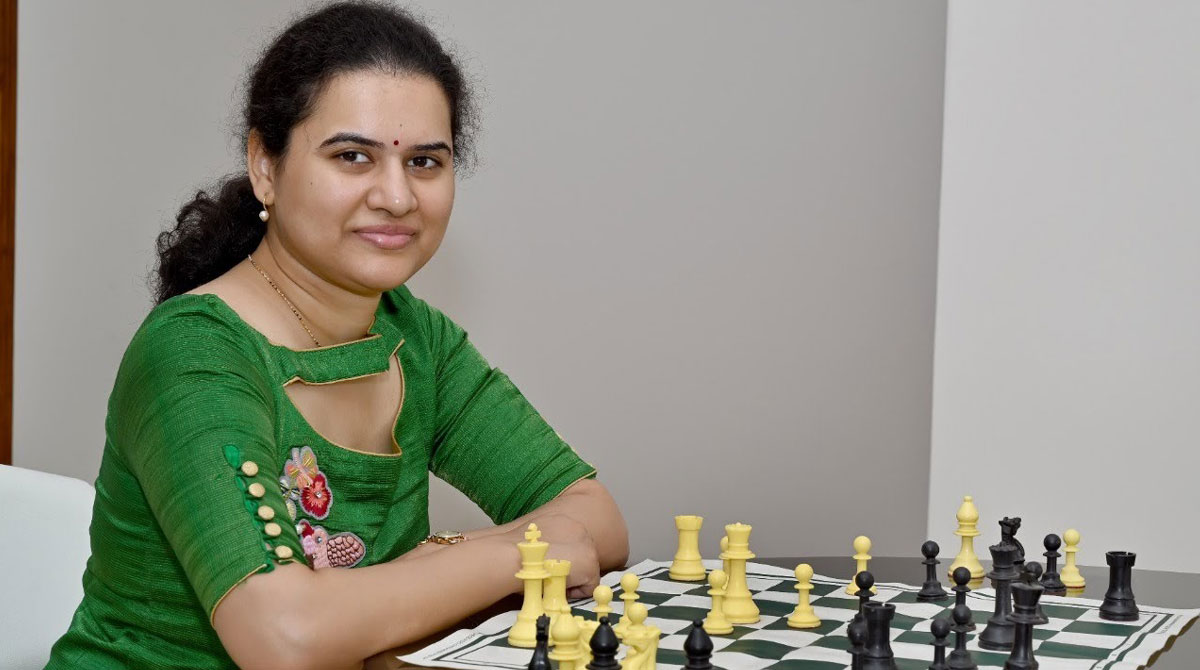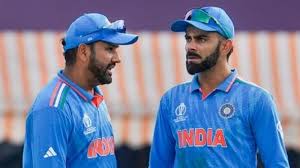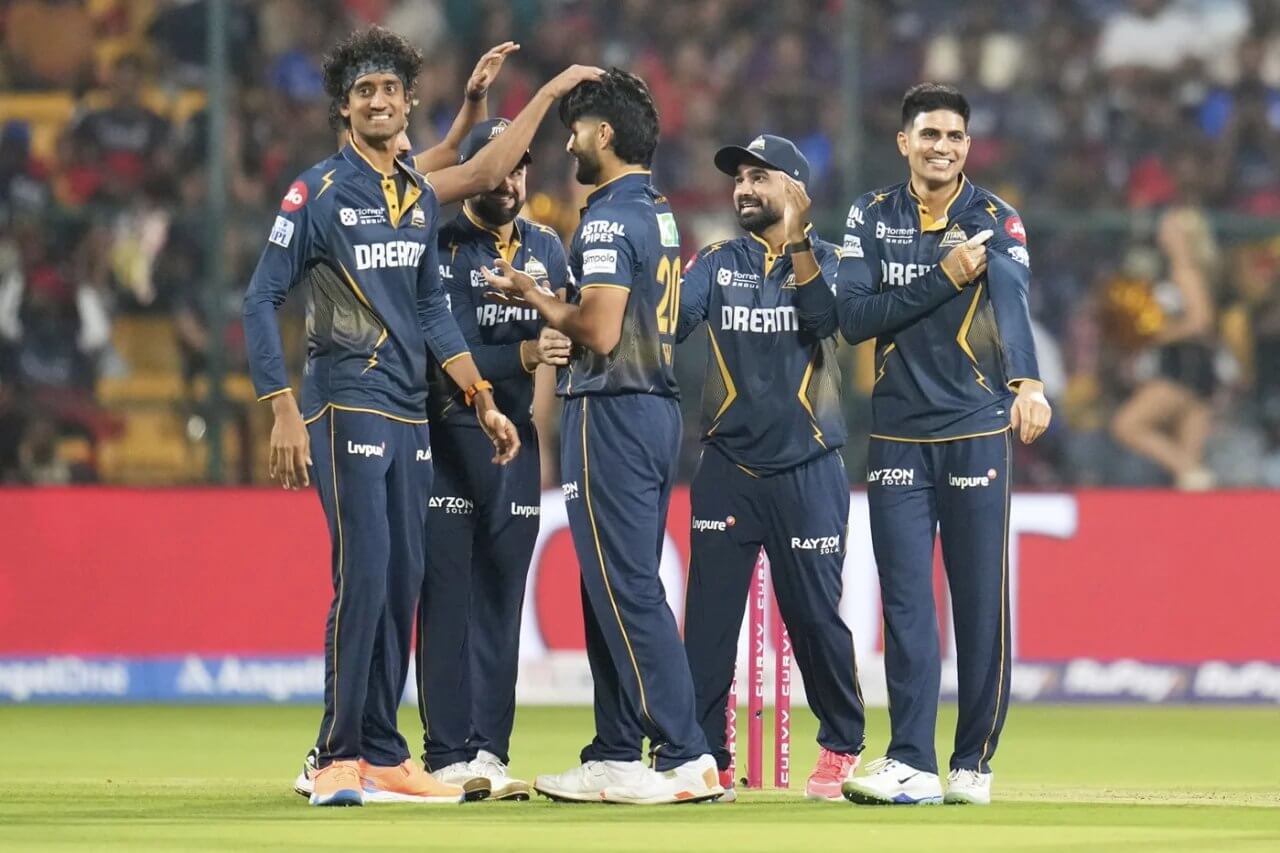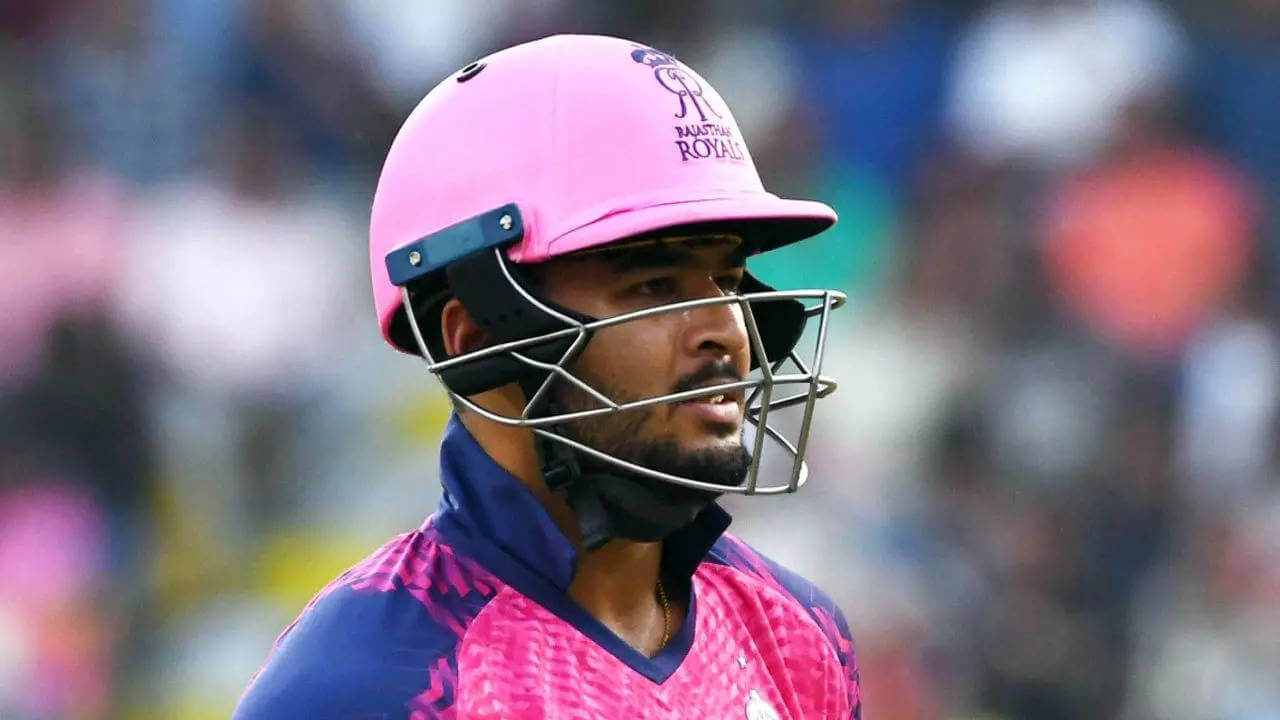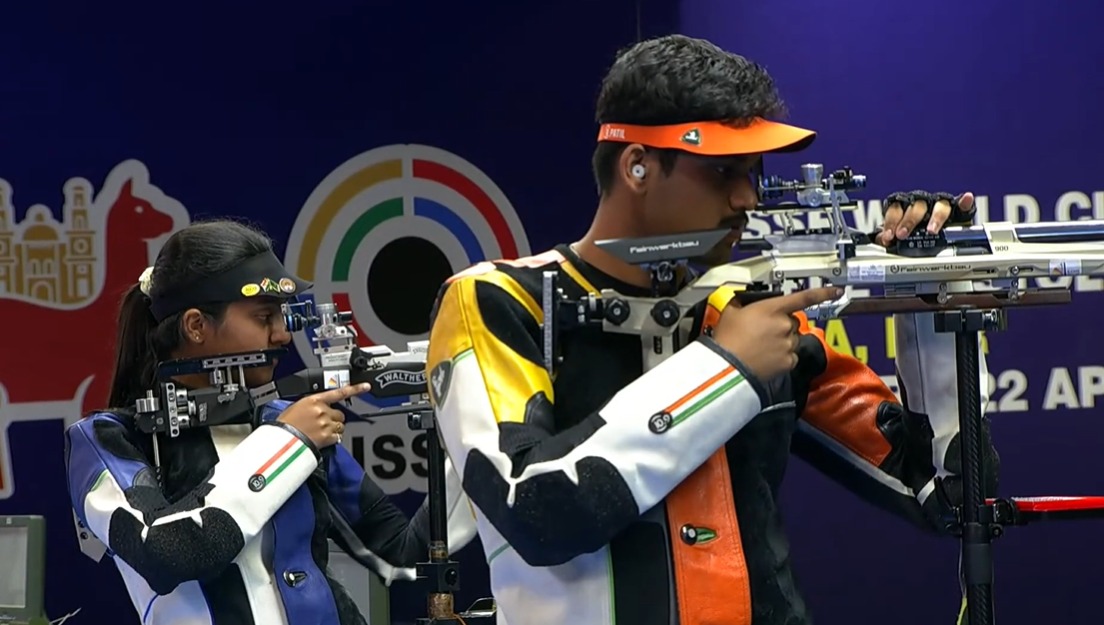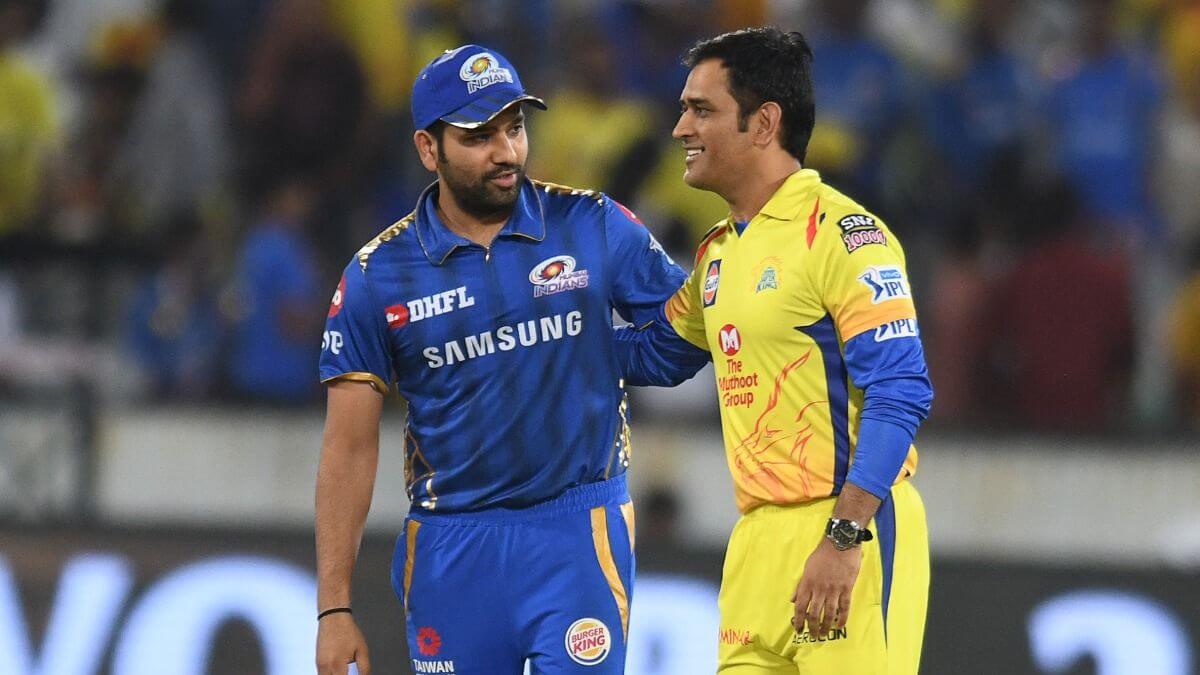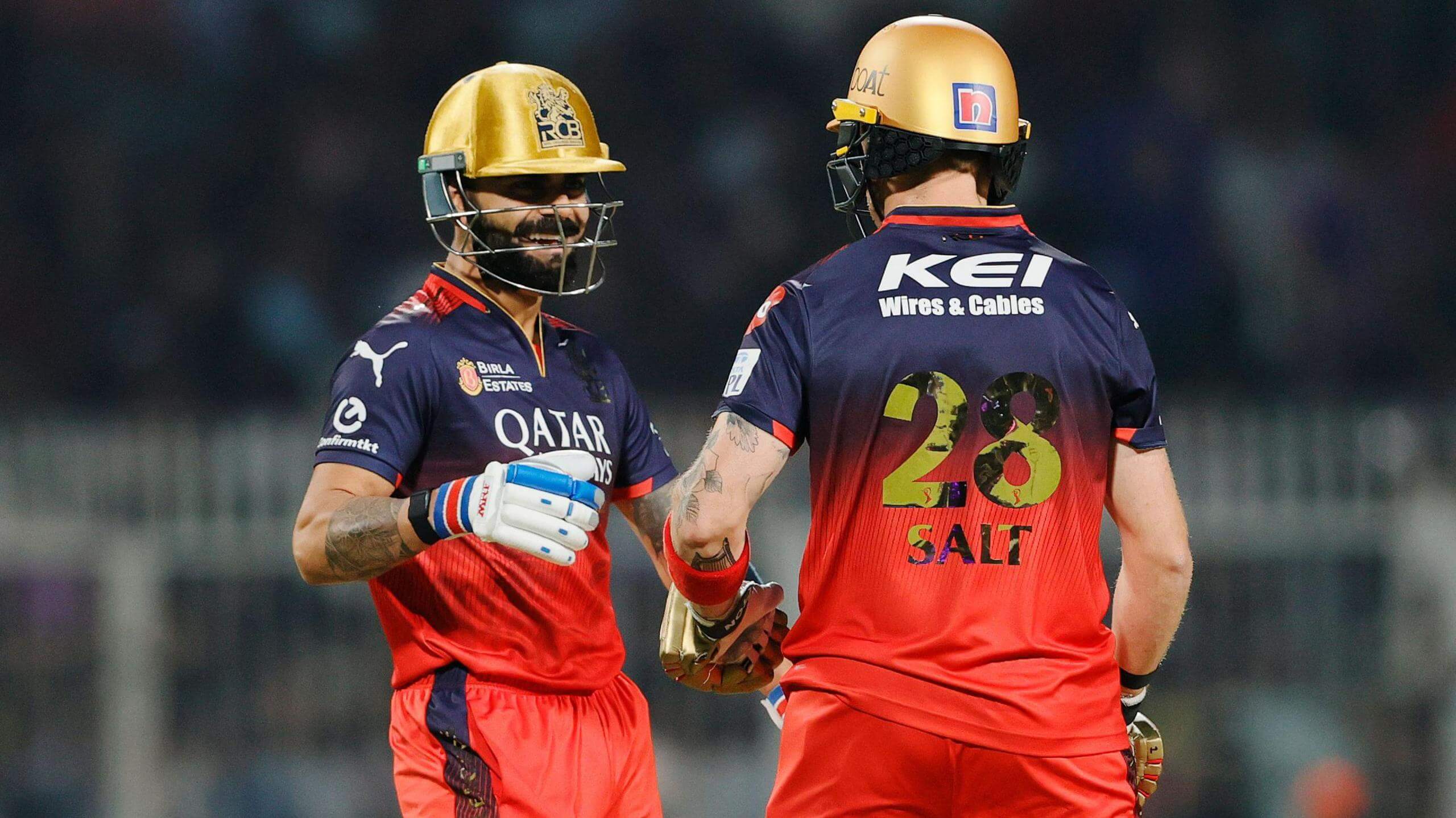Roger Federer Wins Record-Breaking Eighth Wimbledon Title
Mon 17 Jul 2017, 18:29:31
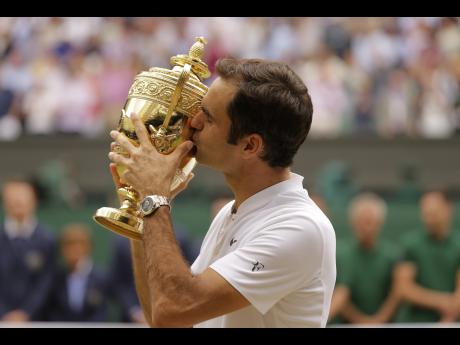
In a Wimbledon final that was less about the match and more about the man, Roger Federer brushed aside Marin Cilic, winning in straight sets 6-3, 6-1, 6-4.
To those that gathered to watch him win, the historical significance of the victory — a 19th Grand Slam, a record eight Wimbledon wins — seemed inconsequential before the rare and enchanting beauty of his game, a reminder that tennis, even in an era that has privileged power over placement and precision, can be a thing of amazing grace.
Unwavering defiance
The win was an act of quiet unwavering defiance. As the oldest player in the men’s draw, who will turn 36 next month, Federer defied his age. He also defied persistent skepticism that it was much too late to make a real comeback, though comeback was always an odd expression to describe someone who never went away.
And although this win will not secure him the World No. 1 ranking, with the Australian Open and Wimbledon in the bag, it defies logic to suggest he isn’t the best on current form.
The final itself was less than memorable. Cilic, who needed a medical time-out after the second set because of a huge blister on his foot, started on a positive note, holding his service and showing some aggression in the early games.
The closest he got to asking Federer a question during the match was when the latter was serving 1-2, but a poor backhand saw his only break-point in the match go untapped.
From then on, it was Federer all the way, breaking Cilic to go up 3-2 and then holding two service games to love and finally breaking the Croatian once more to win 6-3.
Having lost the first set, Cilic
focused on turning even more aggressive in the second set. But more aggression meant even more errors, which were piling up thick and fast. Coupled with this, Cilic’s famed return of serve — which he struck with high percentages throughout the tournament — had deserted him.
focused on turning even more aggressive in the second set. But more aggression meant even more errors, which were piling up thick and fast. Coupled with this, Cilic’s famed return of serve — which he struck with high percentages throughout the tournament — had deserted him.
When Federer held the first service game to love, broke Cilic, and held again, it seemed pretty much over. In fact, it seemed the match may not continue at all with the Croat breaking down in a flood of tears and seeking his trainer out who examined his blistered underfoot.
To the support of the crowd, which had shifted allegiance from Federer in the hope of seeing a well-contested match, Cilic put himself on the board. But the Swiss, unruffled by the courtside drama, powered on, winning every following game in the set.
Medical time-out
Before the third set, Cilic sought a medical time-out and seemed reinvigorated on his return. He played what was perhaps his best tennis during the match until the set was level 3-3. But a string of groundstroke errors presented Federer with another opportunity.
Serving for the match 5-4, Federer lost the first point, but an ace and a couple of unreturnable serves gave him two championship points. He hit a ball long on the first, but the eighth ace of the match secured him his eighth Wimbledon singles title.
All in all, it was a combination of Cilic’s poor serving and poor returning that cost him the match. He won only 65% of points on his first serve and, quite dreadfully, only 39% on his second serve. The corresponding numbers for Federer were 81% and 71%, numbers that Cilic contributed to by an indifferent return of serve.
No Comments For This Post, Be first to write a Comment.
Most viewed from Sports
AIMIM News
Latest Urdu News
Most Viewed
May 26, 2020
Do you think Canada-India relations will improve under New PM Mark Carney?
Latest Videos View All
Like Us
Home
About Us
Advertise With Us
All Polls
Epaper Archives
Privacy Policy
Contact Us
Download Etemaad App
© 2025 Etemaad Daily News, All Rights Reserved.

